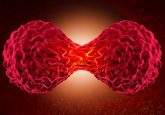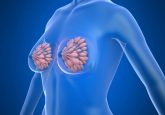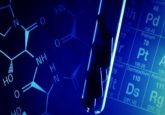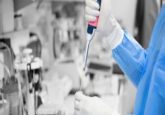Polymorphisms in a modifier of tumorigenesis confound human cancer xenografts in outbred nude mice
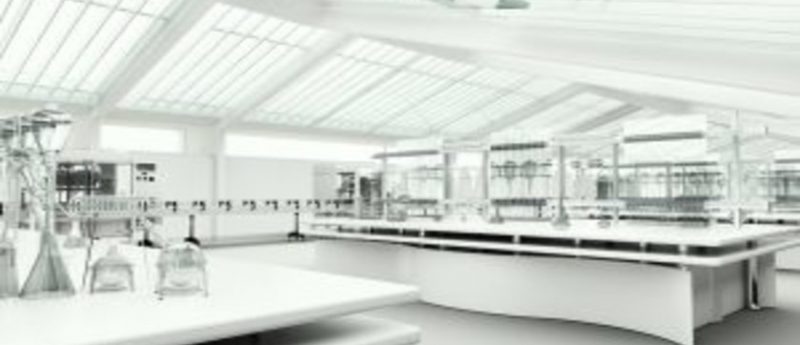
A potentially important discovery has been made during ongoing investigations in the laboratory of Kristi Neufeld at the University of Kansas Cancer Center (KS, USA). The finding, published in Genetics, may have an impact on the methods utilized by cancer researchers to test new anticancer agents in mice.
Neufeld’s team were carrying out investigations in mice with APC mutations, which lead to colon cancer, in order to try and find new drug compounds that would work against such APC mutations. An interesting discovery was made at this point – some of the mice were not developing colon cancer as they were expected to.
Although the mice with fewer tumors could not be used to test new drug compounds, Neufeld’s team began looking into why they were not developing tumors. They discovered that this tumor protection was linked to the heterogeneous nature of a genetic modifier termed Pla2g2a among the mice.
In order to test whether Pla2g2a played a role in tumor formation, the team injected the mice with colon cancer cells and then screened them for the Pla2g2a alteration. “What we found is that the formation of tumors correlated with the presence or absence of these resistant alleles,” Neufeld explained. “Mice with resistant alleles (the Pla2g2a alteration) had fewer tumors than the ones with the sensitive alleles.”
This research has two potentially major implications. First, there is the possibility that Pla2g2a status affects tumorigenesis in humans, and thus could potentially be screened for like the HER2 and BRCA genes already are. Furthermore, there is the possibility that overexpression of Pla2g2a could prevent tumors from forming in a human colon, and thus possibly prevent colon cancer in humans.
However, the authors are aware of the need to test whether the research is transferable from mice to humans. “We would want to figure out if simply expressing the Pla2g2a would be enough in humans to have the same protective properties,” Neufeld continued.
Second, the study could have major implications for how researchers test anticancer therapies in mice. ‘We think this is really important because if someone injects cancer cells, grows a tumor and then injects a compound to see if it treats the cancer, you don’t know if what you’re seeing is a result of the actual test compound or if it was affected by the differences in genes in these outbred nude mice,” she explained.
Neufeld hopes to raise awareness among other cancer researchers, and especially those who test new drug therapies, of how the results of an experiment can be altered by genetic modifiers. They demonstrated that mice even from the same commercial provider are heterogeneous for the Pla2g2a genotype, and since these mixed genetic backgrounds affect baseline tumorigenecity, the authors warn against the use of outbred mice for future tumor xenograft studies.
The authors also recognize that this is just one of potentially hundreds of other genetic modifiers that may be affecting the outcome of cancer research experiments: “There are so many genetic modifiers. Any change to these modifiers can affect many other things, therefore many gene alterations could potentially have an effect on cancer,” said Neufeld. “Even in the case of Pla2g2a, it’s not clear why it protects against these tumors. It’s still something we have to figure out.”
Sources: Zeineldin M, Jensen D, Paranjape SR et al. Human cancer xenografts in outbred nude mice can be confounded by polymorphisms in a modifier of tumorigenesis. Genetics 197(4), 1365–1376 (2014); The University of Kansas Cancer Center press release
